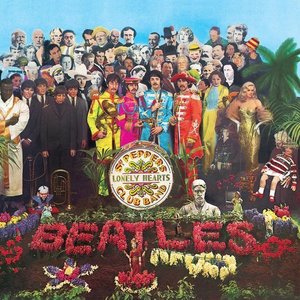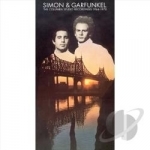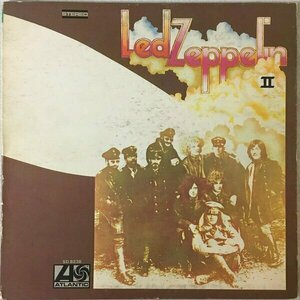Daniel Boyd (1066 KP) rated Sgt. Pepper's Lonely Hearts Club Band by The Beatles in Music
Nov 2, 2017
Even when the album is over the Beatles are still innovating by including a creepy loop within the groove of the album, implemented to give listeners a fright as they only expect to hear silence after the climax of ‘A Day In The Life.’ After a few moments of peace, a high pitched frequency is heard followed by a peculiar mix of abstract sounds all at once. Even after all this time, after the ridiculously high number of times that I’ve listened to the record and although I know to expect the sound before it happens, it’s still chilling to this day. This was the first time that a band intentionally included hidden sounds on an album, making listeners sit through a few seconds of silence to hear it. People claim that this album is overrated, but there is a reason that it is held in such high regard and whether you think this album deserves its legendary status or not, it is impossible to debate the fact that it is probably the most important album ever recorded. Everything from the album artwork to the music and the lyrics is still extremely relevant and important, even in this current digital age of music.
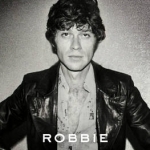
Testimony
Book
Robbie Robertson's singular contributions to popular music have made him one of the most beloved...
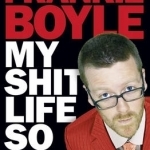
My Shit Life So Far
Book
Ever since being brought up by The Beatles, Frankie Boyle has been a tremendous liar. Join him on...
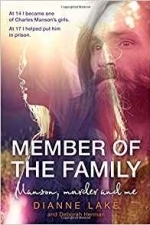
Member of the Family: Manson, Murder and Me
Book
Following the recent death of Charles Manson – the leader of the sinister 60s cult – Dianne Lake...
biography crime
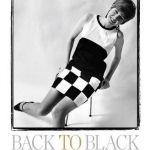
Back to Black: Cilla. The Authorised Photographic Memoir
Book
The stunning images contained within these pages celebrate Cilla Black's remarkable showbusiness...
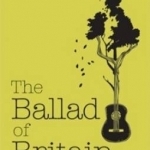
The Ballad of Britain: How Music Captured the Soul of a Nation
Book
In 1903, the Victorian composer Cecil Sharp began a decade-long journey to collect folk songs that,...
Jonathan Higgs recommended track Wednesday Morning, 3 a.M. by Simon & Garfunkel in Columbia Studio Recordings, 1964-1970 by Simon & Garfunkel in Music (curated)
Mick Hucknall recommended Led Zeppelin 2 by Led Zeppelin in Music (curated)
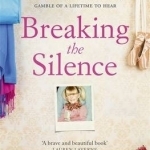
Breaking the Silence: My Journey of Discovery as Transformative Surgery Allowed Me to Hear for the First Time
Book
Imagine for a moment that you have never heard the voices of those you love, the music on the radio,...
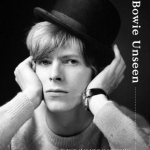
Bowie Unseen: Portraits of an Artist as a Young Man
Book
In 1967, a 20-year-old David Jones decided to change his name to avoid confusion with the lead...
